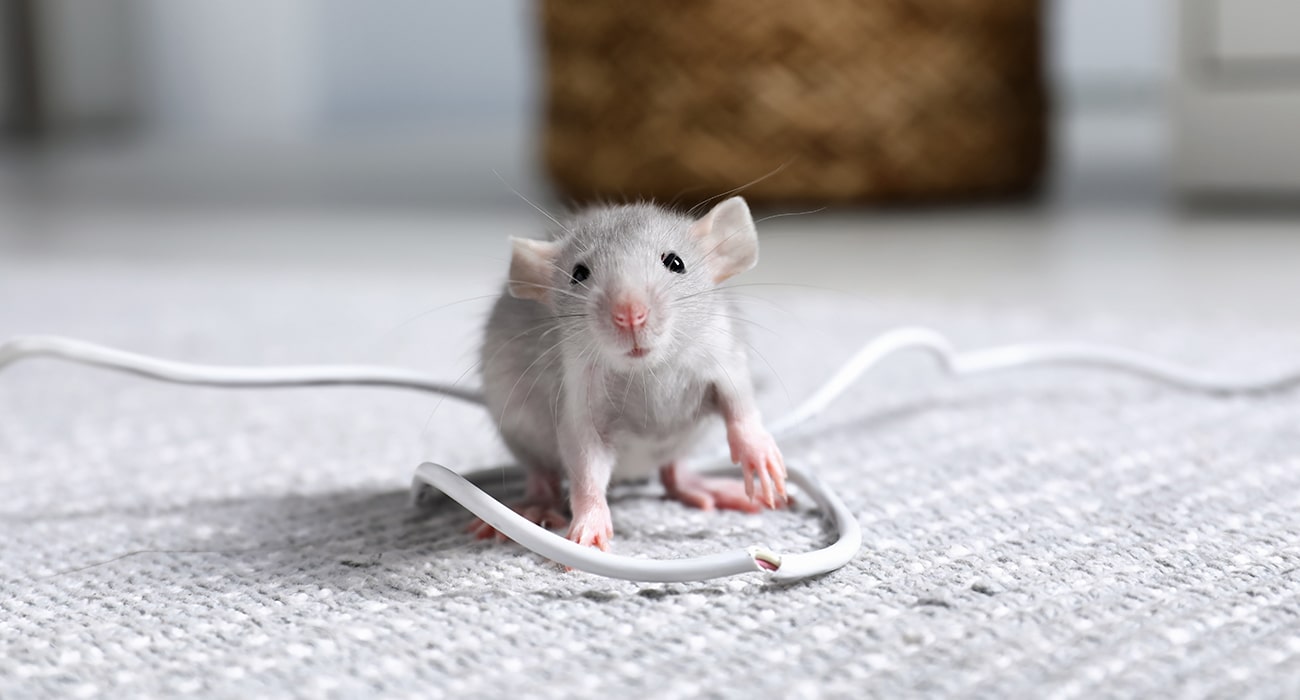JavaScript seems to be disabled in your browser. For the best experience on our site, be sure to turn on Javascript in your browser.
Pet Rat Chewing: Why they do it and how to stop them

Rodents like rats are known for their consistent chewing. And yes! They chew not just food but anything. Regular chewing helps wear down rats’ constantly growing incisors. Various rats consider their cloth beds, household items, and hammocks as very tasty food they can freely chew on.
Here are a few questions you would need to take into consideration to figure out why they are nibbling on the cloth items.
Does your rat need more things to chew on?
Yes, your rat may need more things to chew on. If they don’t already have chew toys, offer your rats Rat toys and other Rat Chewing Toys from Scarlette rat.
Does your rat need more mental Stimulation?
Yes, your rat might need more mental stimulation. You can achieve this by carrying out the following inside its cage.
- Change up the “interior design” of your rat's cage regularly. Many times a week place new types of “hideouts” inside their cage.
- Use cardboard boxes instead of cloth hammocks and beds for a while
- Eliminate all-things-cloth for at least a month. Then try re-introducing one cloth item at a time and see how they react.
- Put small treats inside their new cardboard hideouts
- Try plain shredded newsprint as bedding material
You can also carry out mental stimulation outside its cage by doing the following;
- Give them the joy of learning how to make use of food puzzles for fun.
- Carry out research to get more information on food puzzles and other ideas for mental stimulation your rats can engage in outside their cage.
Can your rat stop chewing as it grows older?
Yes, if your rat matures, it may grow out of its fabric-chewing habit. However even if it is young, this doesn’t mean you shouldn’t work on teaching it not to chew. It just means you need to have extra patience and perseverance while working with it.
Can excessive chewing by your rat be caused by an underlying health condition?
Yes, your rat's excessive chewing may be a result of a health condition.
A sample is of a rat that chewed the fur off around her wrists and forearms. When she was taken in to be examined by a vet, the veterinarian immediately recognized behaviour or was not normal and prescribed Prozac to help calm her down.
Another sample is of another rat that chewed everything including the plastic bottom of its cage. At first, the vet thought the rat had an inner ear infection. However, the rat’s symptoms continued to progress and she eventually died. Based on the characteristics of the rat's symptoms, her vet concluded she likely had a pituitary tumour.
In conclusion, just like a cat purring or even a human humming or whistling a tune, biting in rats can be a sign of happiness, contentedness. It could also be a sign that your rat is feeling unwell or in pain so it is serving as a self-comfort.
To know the distinction between a happy or sick rat, make sure you take your rat to see a knowledgeable and experienced vet regularly. Just about any type of odd behaviour should be seen as early signs of disease. Taking our rats to the vet after you first get them is very important. Then, having them seen by a veterinarian every 3-5 months thereafter can help you stay in better touch with your rats’ health needs.










